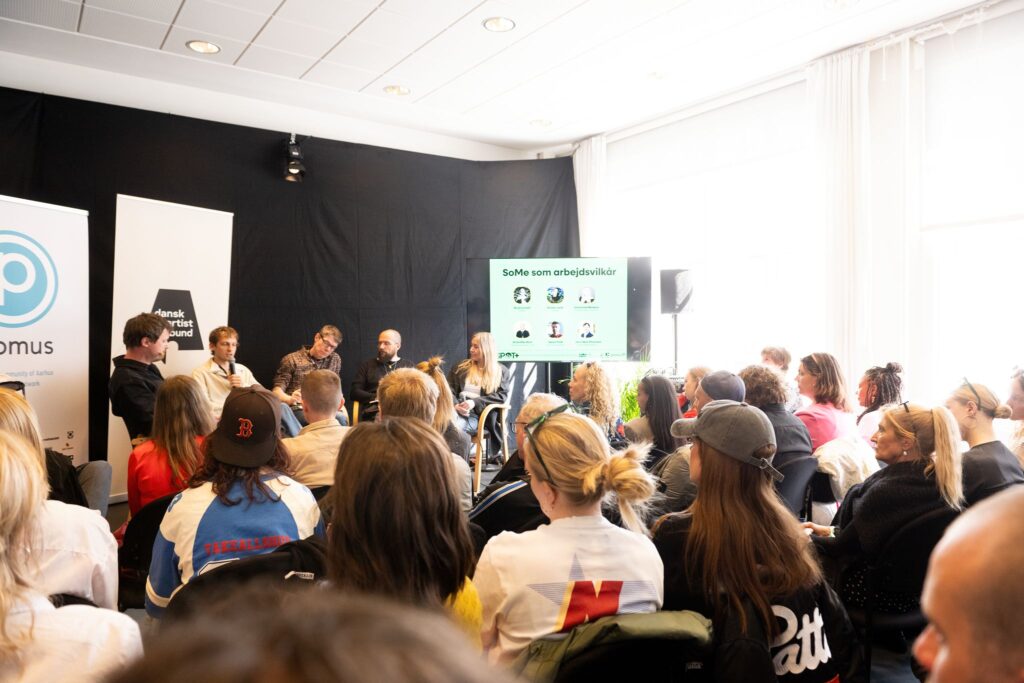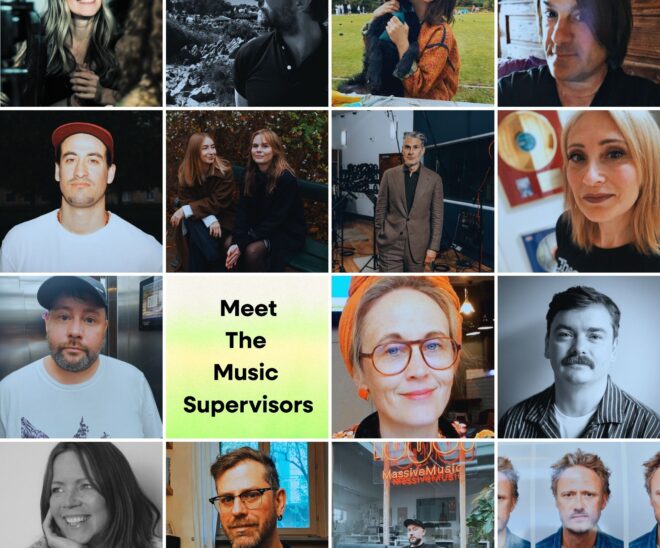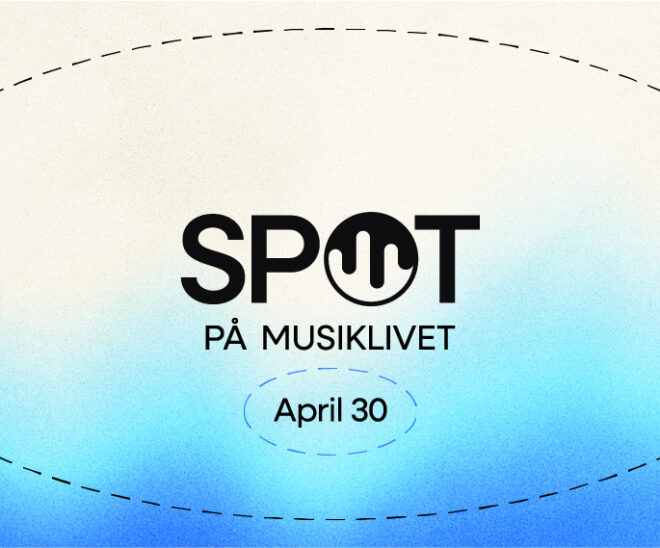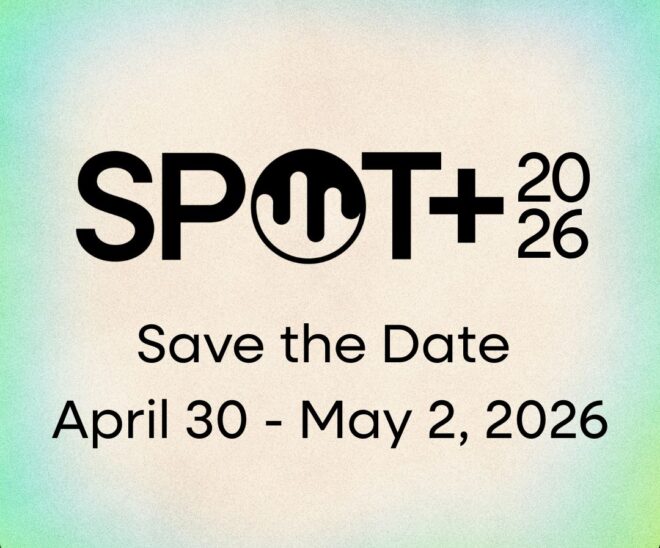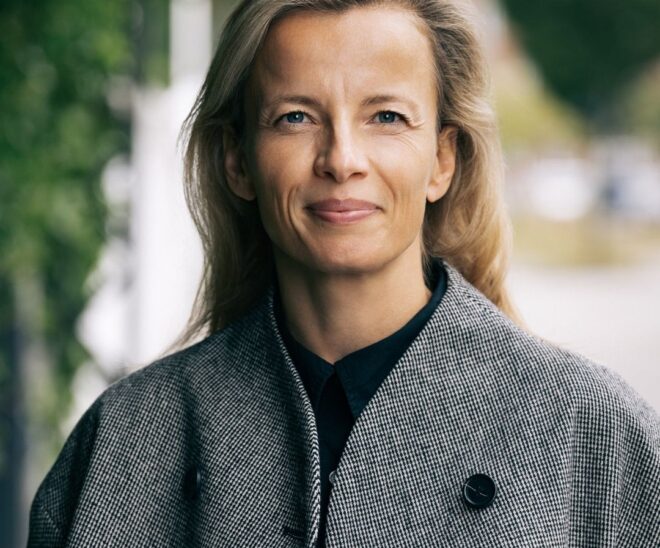Text by Nicolai Frich
A clear trend is emerging: social media is increasingly becoming a working condition – but also a source of ambivalence. In a survey conducted among members of the Danish Artist Union, almost all responded that they would prefer not to be on social media.
Singer Nicklas Sahl is active on TikTok, Instagram, Facebook, and YouTube. While he finds some joy in creating content related to his music, he admits that it affects his private life. He often monitors the performance of his posts – even outside of work hours. It wears him down.
Sahl is far from alone in this experience. Record labels recognize the dilemma and are working to find a balance between demands and artistic freedom. At Universal Music, efforts are being made to integrate social media into a regular workday.
“We’re moving it out of the passion-based category, because social media isn’t the artist’s primary focus, so you might wait a long time for the desire to make a video to appear.”
It’s about creating structure and managing expectations – not about forcing artists into a specific mold.
Kristoffer Rom, co-founder of the label Tambourhinoceros and chairman of DUP (Danish Independent Record Labels), points out that there’s no one right way to do it.
He believes the most important thing is to have an open conversation about social media. Experience shows that without that conversation, artists – especially new ones – are often surprised by how much time it takes.
“That’s the root cause not just of digital burnout, but of general dissatisfaction as an artist. I see it across all levels and genres.”
Only the Real Thing
Both labels agree that promotion only works if the artist can stand behind the content and genuinely wants to do it. At the same time, it’s important that the content feels authentic and stems from the artist’s own vision – otherwise, fans will see through it.
Nicklas Sahl has previously deleted many videos because he couldn’t stand behind the marketing energy they conveyed.
An Expensive No?
When asked whether their labels would sign an artist who explicitly refuses to use social media, Kristoffer Rom says it complicates the collaboration – but it’s not a deal breaker.
“TikTok is the most revolutionary thing to happen to the record industry since streaming. It can break an artist or a song overnight,” says Charlotte Madsen, Creative at Universal, highlighting the band Kalaset as an example of a success story that ticks every box a label dreams of. She concludes that it’s not dangerous to opt out of social media – but one potentially misses out on the direct conversion of SoMe efforts into streams and ticket sales.
Photo: Line Svindt
Tekst af Nicolai Frich
En klar tendens tegner sig: SoMe er i stigende grad et arbejdsvilkår, men en kilde til ambivalens. I en rundspørge blandt Dansk Artist Forbunds medlemmer svarede næsten alle, at de helst ville være fri for at være på SoMe.
Sangeren Nicklas Sahl er aktiv på TikTok, Instagram, Facebook og YouTube. Selvom han kan finde glæde i skabelsen af content vedrørende sin musik, erkender han at det griber ind i hans privatliv. Han overvåger ofte sine opslags præstationer, også uden for arbejdstid. Det slider.
Sahl står langt fra alene med sin oplevelse. Hos labels genkender man dilemmaet og forsøger at finde balance mellem krav og kunstnerisk frihed. Hos Universal Music arbejder man på at integrere SoMe i en normal arbejdsdag.
“Vi flytter det fra en lystbetonet kasse, fordi SoMe ikke er artistens primære formål, og derfor kan man vente længe på, at lysten til at lave en video melder sig.”
Det handler om at skabe struktur og forventningsafstemning, ikke om at presse artister ind i en bestemt form.
Kristoffer Rom, medstifter af labelet Tambourhinoceros og formand for DUP, peger på, at der ikke findes én rigtig måde at gøre det på.
Han mener, at det vigtigste er at have en åben samtale om SoMe. Erfaringerne viser, at uden samtalen overraskes artister, særligt nye, af, hvor meget tid de skal bruge på det.
”Det er roden til ikke bare digital udbrændthed, men at man mistrives som artist. Jeg ser det i alle artistlag og genrer.”
Kun den ægte vare
Begge labels er enige om, at promo virker kun, hvis artisten kan se sig selv i indholdet og har lyst. Samtidig er det vigtigt, at indholdet føles autentisk og udspringer af artistens egen vision, ellers gennemskuer fans det.
Nicklas Sahl har tidligere slettet mange videoer, fordi han ikke kunne stå inde for den markedsføringsenergi, de bar præg af.
Et dyrt nej?
Ved spørgsmålet om, hvorvidt deres labels ville skrive med en artist, der frabeder sig brug af SoMe, siger Kristoffer Rom, at det komplicerer samarbejdet, men at det ikke er en deal breaker.
”TikTok er jo det mest revolutionerende, der er sket for pladebranchen siden streaming. Det kan breake en artist eller sang overnight.” siger Charlotte Madsen, der er Creative hos Universal og fremhæver bandet Kalaset som et eksempel på succes med alt det, et label drømmer om. Hun afrunder, at det ikke er farligt ikke at være til stede på SoMe, men at man potentielt går glip af den direkte konvertering af SoMe-arbejdet til streaming og billetsalg.
Foto: Line Svindt

